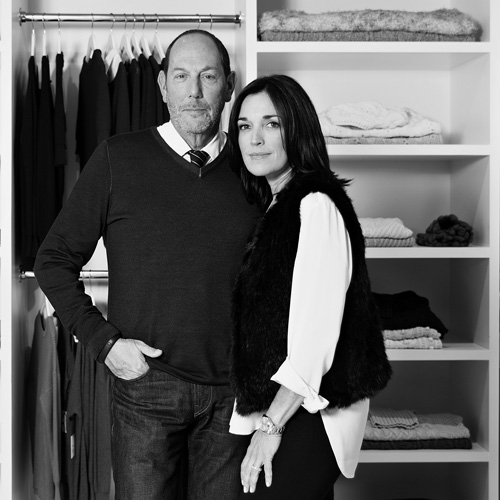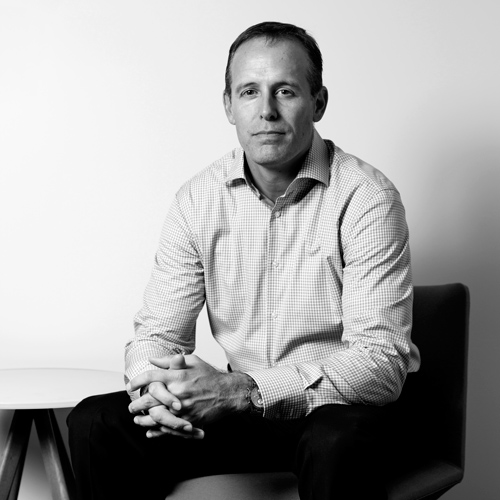Sometimes you have to get creative when forging your career path. When Iris Harvey’s global marketing role with Citigroup didn’t take her to Asia as she had hoped, she decided to take a sabbatical to travel to Japan, where she ended up starting her own consulting business. From banking to higher education, Harvey has followed her passion for transformative marketing to find success in a number of industries and roles. During her six-year tenure as vice president of university relations and chief marketing officer at Kent State University, Harvey has continued to embrace and drive change, increasing target-market brand awareness by 60 percent and helping to fuel the student body’s healthy growth.
What ignited your passion for marketing and communications?
Iris Harvey: I think my passion for marketing was initiated in college. I started out wanting to major in psychology but wandered into a graduate marketing program when I was an undergrad and just fell in love with the discipline. It became clear to me that there was a lot of the discipline of psychology in marketing, and it really was about understanding people and understanding their needs and figuring out a way to deliver on that.
You’ve worked in a number of different sectors—are there fundamental marketing principles that translate across any industry?
Harvey: I believe so—personally, my cardinal rule is that you need to know your customers. And I think in today’s technology- and innovation-driven world, that means you really need to know your customers’ needs better than they do.
It’s like the Henry Ford quote: “If I had asked my customers what they wanted, they would have said ‘a faster horse.’” The most successful marketers are those who understand the why, rather than the what, of the needs of a marketplace or consumer. If you understand why something is needed, it opens endless doors to creating innovative solutions. These types of solutions are the ones that excite and delight consumers. It also can exceed their expectations because you’re tapping into that emotional need, as opposed to just the physical product.
How has your approach to marketing changed by industry?
Harvey: As I’ve moved from industry to industry, and therefore from one job to another, I have realized that the critical success factor is always finding the fit within the organization. My skill sets are portable, but when you move to a new job, what you really have to understand is the culture.
For me, what has mattered most to any CEO I’ve ever worked with is my ability to demonstrate my understanding of the organizational culture. And it’s been within that context that I’ve earned both the support and the resources I needed to have a voice at the leadership table, and then to design the best and most authentic marketing messages for the marketplace.
Can you share a highlight from your career prior to joining Kent State?
Harvey: I enjoyed owning my own business, which I ran for eleven years, seven of which were in Tokyo. I enjoyed being an entrepreneur and the self-reliance that comes with that. It also gave me a different perspective on marketing and consumers from a different cultural standpoint, and from a different business-practices standpoint. It opened me to different management styles, and so I think I’ve been able to integrate all of that—from a very individualistic management style in America to a very consensus-building style in Japan. I’ve blended the two, and I know when to say, “Okay, enough consensus; we need to move on,” while also recognizing the beauty of collaboration and teamwork and making sure all voices are heard. I think that contributes to making me, or anyone, a better marketer and certainly a better leader.
How else did your experience founding Market Strategies and Solutions inform the leadership style you employ today?
Harvey: I think good leaders know how to adapt to the needs of those who follow, and so certainly learning to adapt to a different set of customers as well as staff in another country helped me do that. I also believe from a leadership standpoint that trust is the most valuable part of a relationship you can have with another person. I’ve found that when you demonstrate to others that you trust them, they will do amazing things in return. It’s important to give your people what they need to get the job done, and then to get out of the way.
Have you made any notable organizational or strategic changes since taking on your current role as vice president of university relations?
Harvey: It was very important to me that we build a brand platform to consistently present KSU to the world. To do this, I thought we needed a new organizational structure to deliver effective branding and marketing. The new organization I created more closely mirrors a corporate marketing function. The benefit is that we have more strategic strength to partner with our clients—deans, faculty, and administrators—who in our system have both educational goals as well as financial business targets.
Social media has changed the game for marketing. How has it affected the way your team works at Kent State?
Harvey: In a general sense, I think it has transformed the way we communicate with our customers, and certainly in higher education, it’s very important. We’re dealing with a consumer, if you will, who was almost born digital. They have high expectations as well as high expertise in the use of social and online media, and I think it’s a great advantage. It gives us more opportunity to personalize and customize our communications to our students and parents and other stakeholders in the institution. It allows us to have a dialogue with them, rather than one-way communication; to do course-correction as we communicate; and to entertain a lot of feedback. It’s a great resource for mining data and understanding in a very timely manner what’s working and what’s not working. It has definitely been a game changer.
Your career has taken you around the globe. What about being a marketer excites you the most?
Harvey: The impact we can make—you can see both long- and short-term results with marketing. It’s an engaging profession where I am constantly being challenged to look at the world through different lenses, to adjust to changes in the marketplace, and to be a platform for helping communicate the wishes and voices of many.

